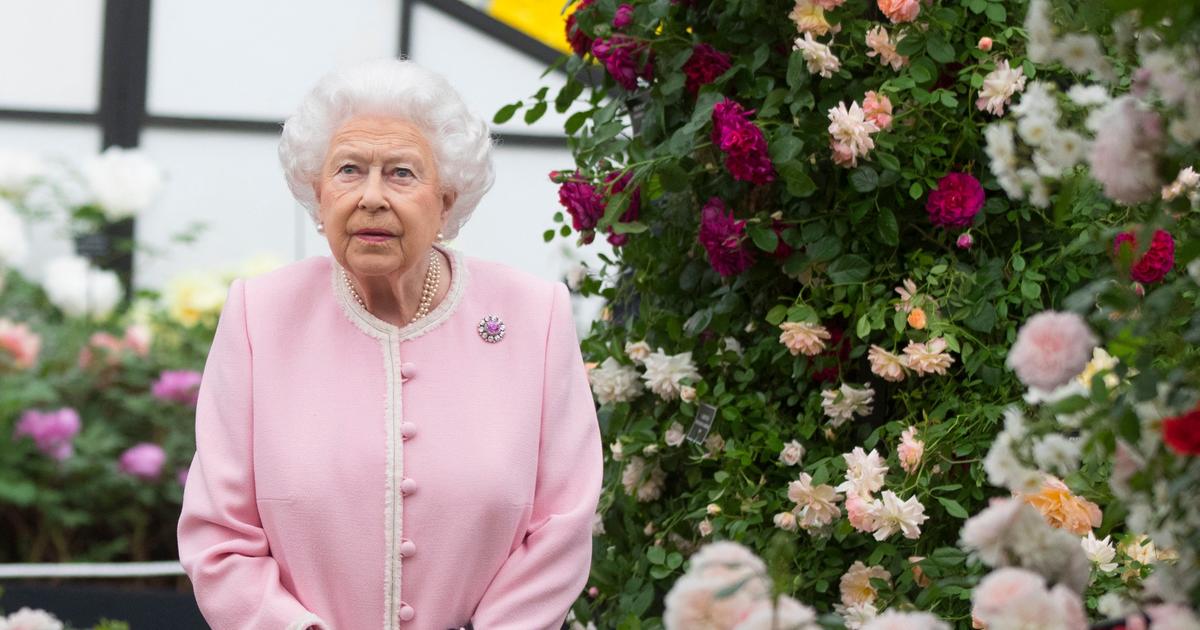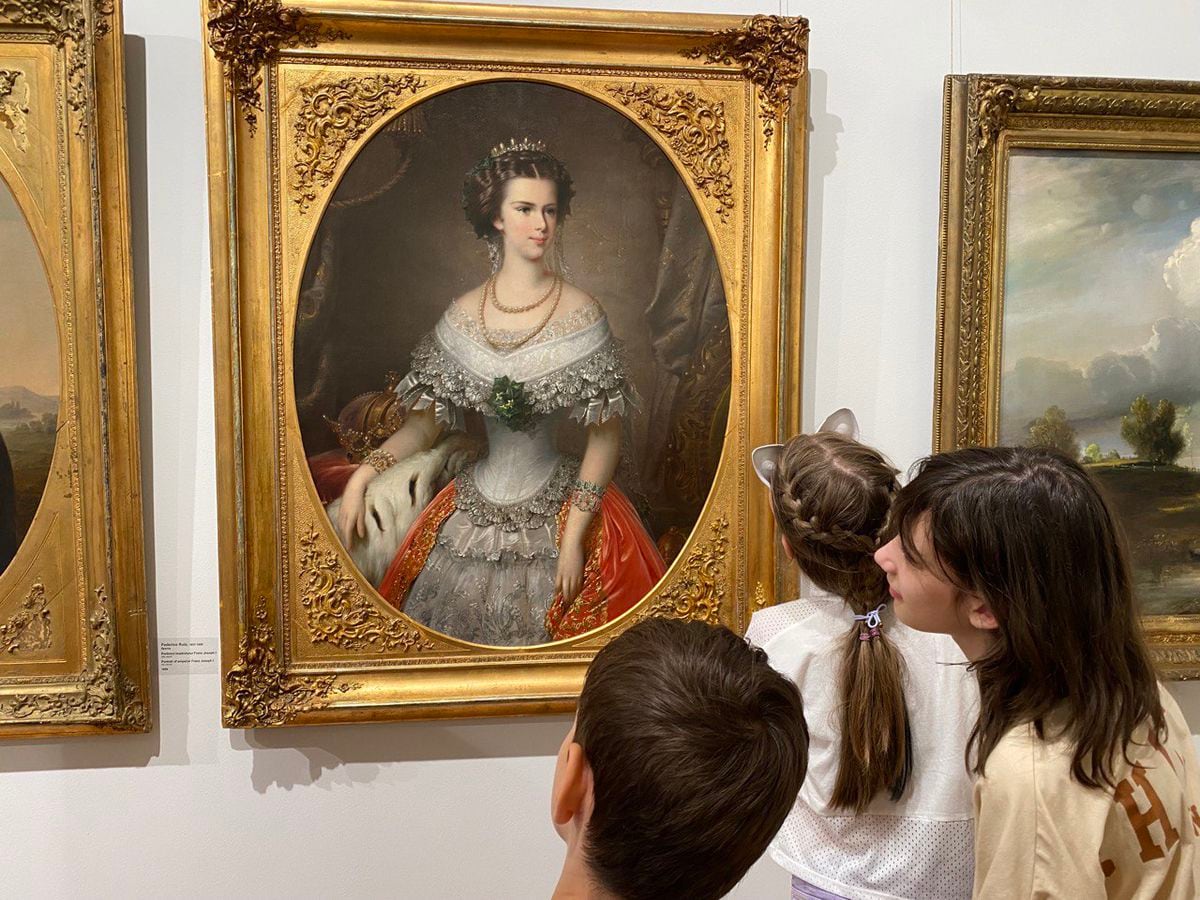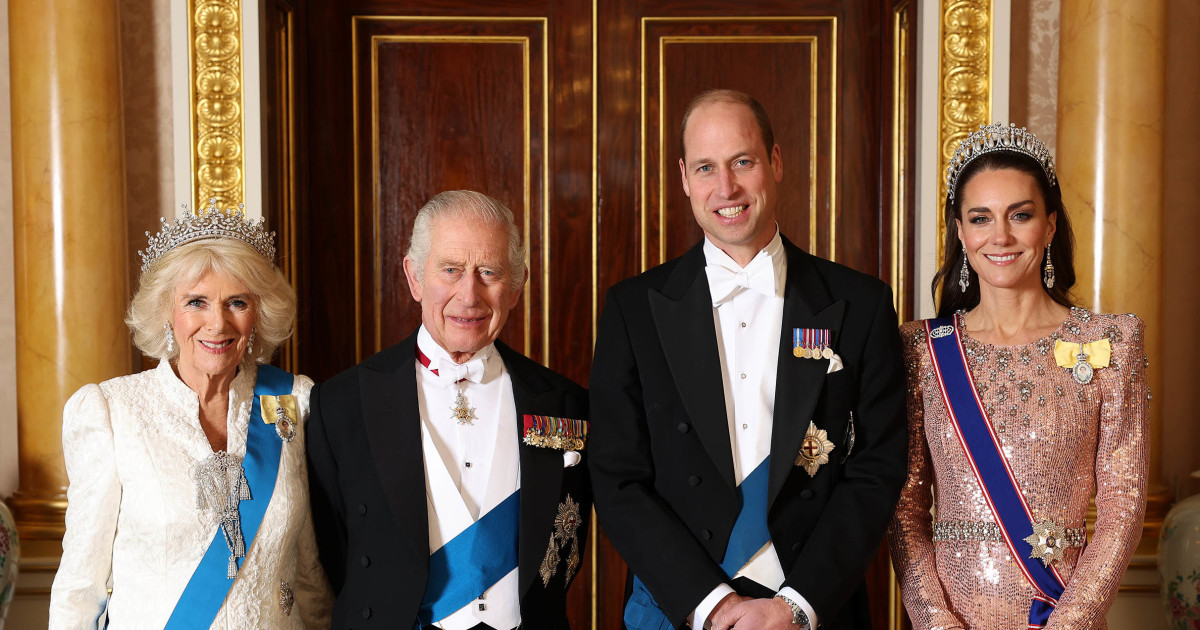In the 1990s, the British historian Eric Hobsbawm developed the idea of the “short 20th century”, which immediately made a fortune and has been used naturally ever since.
For Hobsbawm, the beginning of the First World War in 1914 and the collapse of the Soviet Union in 1991 delimited "a coherent historical period", an intense cycle of events and concatenated processes of global and unprecedented consequences that justified conceptually shortening the century.
Hobsbawm, whose memoirs,
Interesting Years
(2002), were precisely subtitled
A Life in the Twentieth Century
, passed away in 2012, and in the last years of his life he did not stop reflecting on the new world that had emerged after that short century and the end of the bipolar order.
“Politics, parties, newspapers, organizations, representative assemblies, states: nothing works in the world the way it worked before and how it was supposed to continue working for a long time to come,” he declared in an interview in 2004. Hobsbawm left behind a posthumous book,
A time of breakups
, in which he explored the social and cultural history of the past century and lamented a current era “that has lost its way and that, in the first years of the new millennium, looks ahead without guide or map, towards an unrecognizable future, with more bewilderment and trepidation than I can remember in my long life."
Franco-Swiss filmmaker Jean-Luc Godard.GETTY
Perhaps it is the bewilderment and concern caused by a present that changes at the speed of ChatGPT's response that feeds the feeling of collective orphanhood that is detected after the recent death of figures who led and shaped that 20th century.
Political personalities such as Elizabeth II or Mikhail Gorbachev, or creators and artists such as Jean-Luc Godard, Stephen Sondheim, Paco Rabanne, Carlos Saura, Burt Bacharach or Vivienne Westwood.
With their disappearance, a time that they contributed to shaping and that we somehow resist leaving behind seems to have come to a definitive close, thirty years after the end of that short century of Hobsbawm and after two effective decades of an unstable 21st century.
The last image of Elizabeth II at her Scottish residence in Balmoral, holding out her bruised right hand to the UK's new Prime Minister, Liz Truss, heralded the queen's imminent death, announced just two days later.
The longest reign (seven decades) of England's longest-serving monarch (96 years) stands in stark contrast to Britain's dizzying succession of events since the Brexit vote in 2016, and especially the most short-lived tenure of a prime minister, which ended with Truss's resignation barely a month after the queen's burial.
The meticulously planned pageantry of the funeral service, its worldwide broadcast followed live by millions of viewers, were in themselves a kind of epilogue to an era, the last clipping from the Elizabethan album and a reminder of the broadcast era, when
everyone
was gathered simultaneously in front of the television (when everyone had one) to attend the big events live: royal weddings, state burials, moon landings or sports finals.
Today, in the era of platforms, à la carte consumption, fragmented audiences and portable screens, few events are capable of attracting the attention obtained by the queen's funeral, which nevertheless could not exceed the established audience record. 25 years earlier by Diana of Wales.
Charles of England, with his sons William and Henry, at the funeral of Diana of Wales. Kieran Doherty (REUTERS)
A death, that of Lady Di, which in 1997 was a turning point for the reign of Elizabeth II, perhaps her particular end of the century.
And that she forced the sovereign to humanize her figure to curb popular disaffection towards the crown and progressively adapt to the communication tools of this new digital, diverse, viral and sentimental millennium.
Since then, she has demonstrated a power of adaptation that her successor, Carlos III, will want for himself if he wants to endure in this century: Elizabeth II modulated the serene coldness that she was supposed to be as head of State and of the Anglican Church and cultivated the image of an old woman endearing and cross pop icon.
In 2012, he linked up with another of the great symbols of Britain, James Bond, for the opening of the London Olympic Games: he recorded a sketch
with Daniel Craig in which they simulated their parachute arrival at the stadium, an irreverent game of
metafiction unthinkable to date.
And a few months before his death, he celebrated his platinum jubilee by having tea with Paddington, the popular cartoon bear, and giving Queen, tapping his teaspoon on the porcelain, the first notes of We Will Rock You with which he opened the
concert
. memorial in front of Buckingham Palace.
Vivienne Westwood went there one morning in 1992 to receive the Order of the British Empire from Elizabeth II.
The designer, who in the seventies had coined the aesthetic that made punk spread like wildfire around the world, obtained institutional validation from the same crowned head that had been lashed out by the Sex Pistols in their anti-establishment anthem God Save the
Queen
.
In front of the photographers who were waiting at the palace gate, Westwood gave flight to the beautiful gray skirt of her outfit, discovering that she was not wearing her underwear;
a gesture of intimate dissidence that she intended to keep alive, even tamed by the decorations, the flame of what was called counterculture.
the end of the end
Westwood, queen of punk, passed away on December 29, a few months after the other queen, and her death also has something of an end to the cycle.
In recent decades, while the world of fashion and luxury experienced a process of expansion without concessions, the British designer maintained her independence away from the big groups and strove to preserve coherence, struggling to harmonize the demands of a brand of international scope and dimension and the rigorous self-imposed principles of his humanitarian and climate activism.
Queen Elizabeth II meeting her great-grandson, Archie Harrison Mountbatten-Windsor, in 2019.Handout
In
Westwood
, Lorna Tucker's 2018 documentary, the contradictions between the creator's temperament and the operation of a company that has grown too large to depend solely on the criteria of its founder are revealed.
In the first few minutes, the viewer watches Westwood go through the pieces of the next collection and get angry when seeing hanging things that she does not recognize as hers, that she does not like and that she decides to remove.
We observe a woman who is indomitable and full of vitality but who, overwhelmed by her own name and by the inclement pace of the 21st century fashion machine, seriously thinks about leaving it.
Will the type of rebellion supported by some key figures of the 20th century be possible again?
Could a Godard possibly emerge in the age of social media and collective consent?
As a stiletto of the
nouvelle vague
, the Franco-Swiss filmmaker, who died in September by assisted suicide, challenged the narrative and formal schemes of cinema.
With his generation colleagues, he invented auteur cinema and contaminated Hollywood with the European style.
And through him, surely, he influenced a genius like Stephen Sondheim to revolutionize the schemes of the musical, the pampered genre of American drama.
Today, his intellectual proposal continues to have a run, but his inception remains, officially, in the past.
Not even relatively recent and purely 21st century certainties, such as gastronomy as the highest and best exponent of culture, and embodied in the figure of superchefs
and
their prohibitive venues, no longer belong to the present.
The recent closure of NOMA, René Redzepi's restaurant, repeatedly voted the best in the world, has broken the spell: it turns out that haute cuisine, understood as boasting, is not economically sustainable.
Frank Bruni, who for years was a food critic for
The New York Times
, wondered in the same newspaper: “This type of restaurant has so far transcended the basics of the hospitality industry – vanity, philosophy, eccentricity – that it is possibly in discount time. ”.
In front there is only fog
The short 20th century ended with the disintegration of the USSR and the end of the Cold War.
Gorbachev's death last August allowed us to reassess the legacy of the last Soviet leader, a hero in the West and a villain in Russia.
On the other hand, the invasion of Ukraine has done nothing but show once again that the wounds of communism and the flawed process of democratization in the region continue to have disastrous consequences 30 years later.
A reality that resembles the metaphor of the pregnant widow coined by the 19th century Russian utopian socialist Aleksandr Herzen: between the disappearance of one world and the birth of the other "a long night of chaos and desolation will pass."
US President Donald Trump (R) attends a meeting with Russia's President Vladimir Putin during the G20 summit in Osaka on June 28, 2019. (Photo by Brendan Smialowski / AFP) (Photo by BRENDAN SMIALOWSKI/AFP via Getty Images)BRENDAN SMIALOWSKI (AFP) / Getty Images) (AFP via Getty Images)
In 2018, historian Timothy Snyder published
The Road to Unfreedom.
, where he analyzes the current geopolitical context.
Optimism that liberal democracy would be successfully implemented after the fall of the Wall was not only unfounded, but the last decade has seen a reversal of the current of influence from east to west.
“In 2013, Russia turned against the European Union.
In 2014, as one of its neighbors, Ukraine, was closing in on it, Russia invaded the country and annexed part of its territory.
In 2015, Russia had extended an extraordinary campaign of cyber warfare beyond Ukraine to Europe and the United States, with the help of many Europeans and Americans.
In 2016, Great Britain decided in a referendum to leave the European Union, as Moscow had long wanted, and the Americans elected Donald Trump as president,
a result which the Russians helped to obtain.”
The new invasion of the Ukraine, which will now be a year old, seems to validate the concatenation of events observed with clairvoyance by Snyder and his pessimistic conclusion: "The 20th century was dead and gone, without our having learned its lessons."
You can follow ICON on
,
,
, or subscribe here to the
Newsletter
.

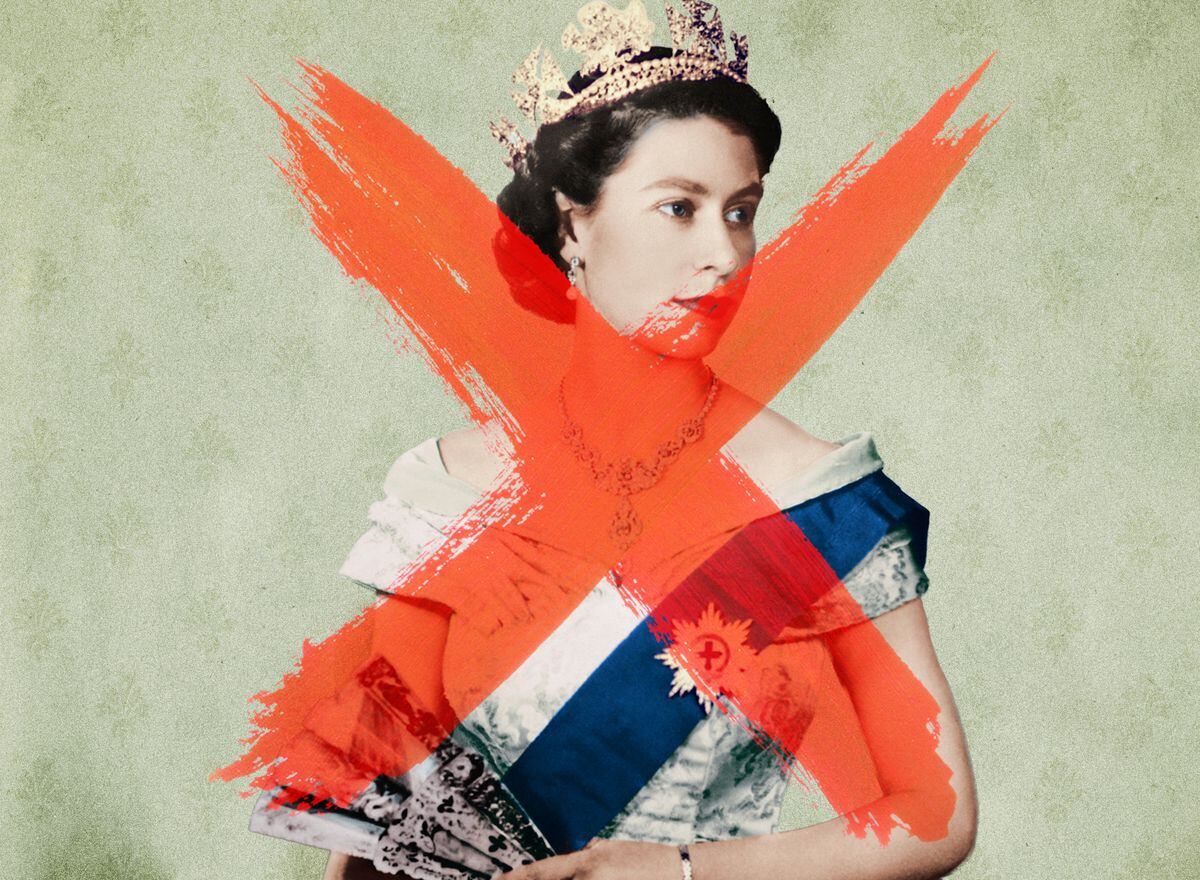
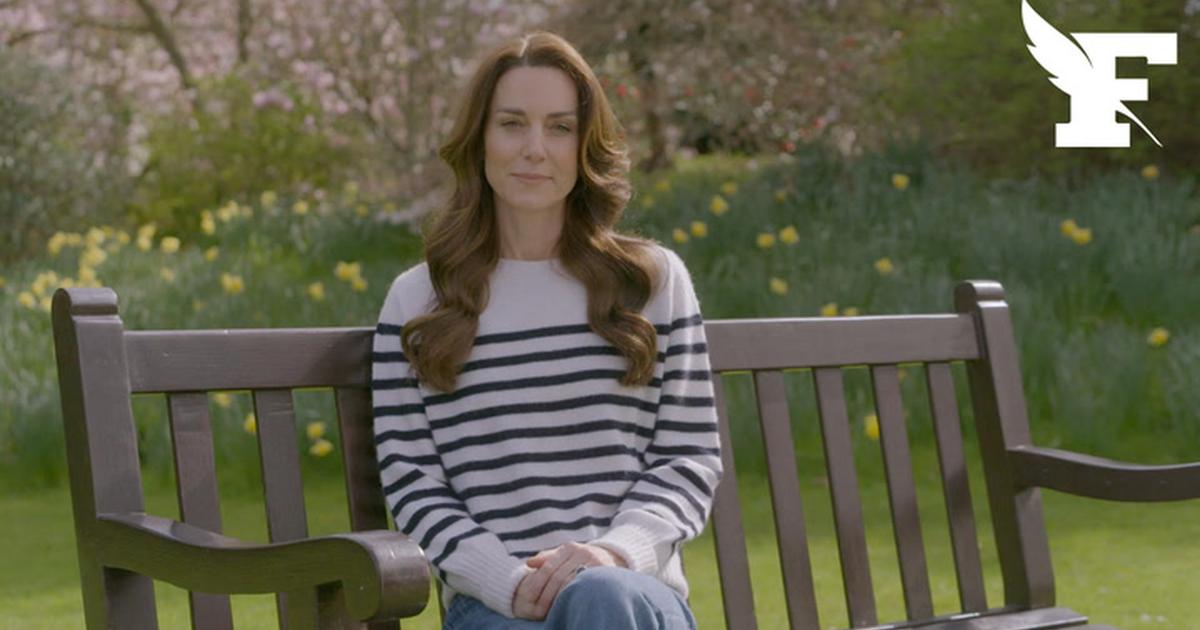
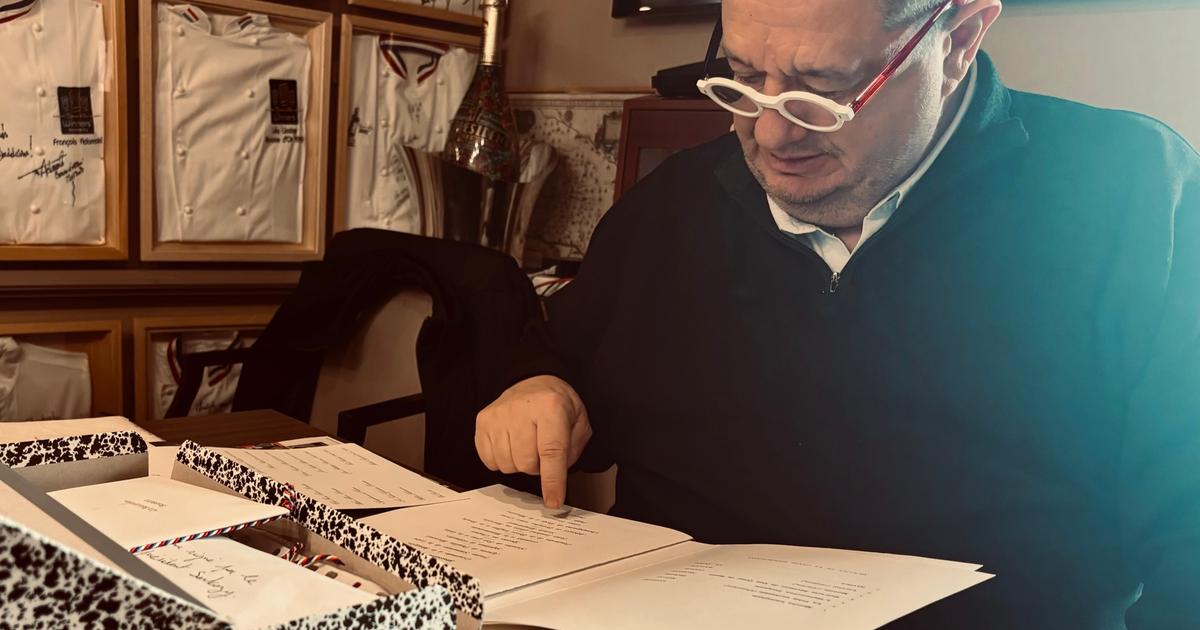

/cloudfront-eu-central-1.images.arcpublishing.com/prisa/F3BJZNBMMZBE7DZ52KD2BHGNOI.jpg)
/cloudfront-eu-central-1.images.arcpublishing.com/prisa/Z62K2RLCIVG7TKDLGKZXZSMWY4.jpg)
